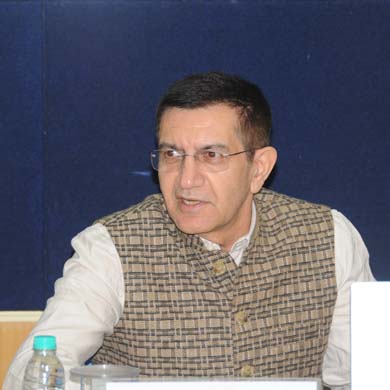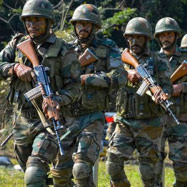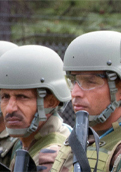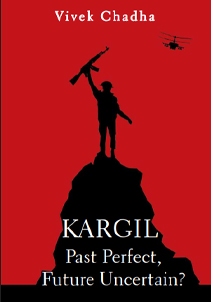Is Lowering Colour Service a Suitable Option?
The adverse impact of lowering of colour service of soldiers below pensionable service will not only be felt at the structural and functional level but also the psychological level.
- Vivek Chadha |
- February 14, 2020 |











